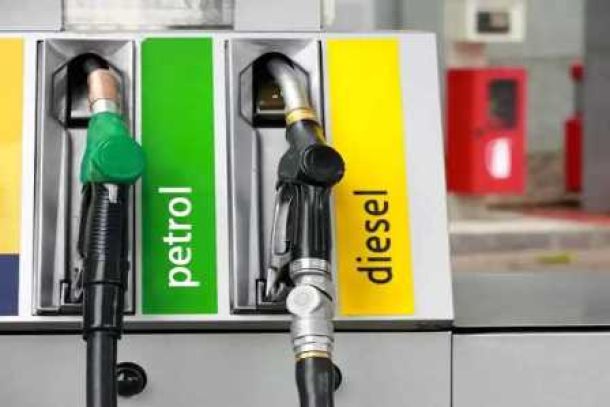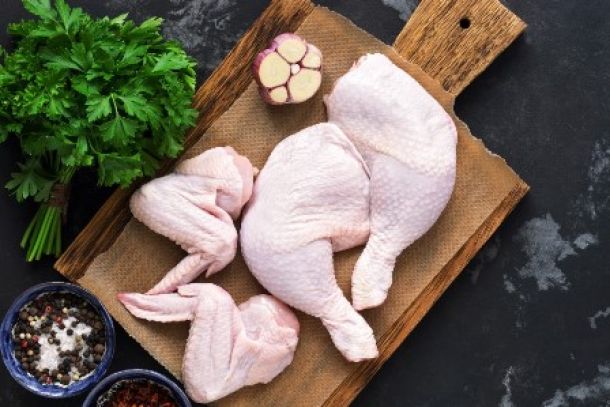Twelve products costing you over 6% more than a year ago
Statistics South Africa released the April Consumer Price Inflation (CPI) index on Wednesday, showing that costs increased 4.5% year-on-year, compared to 3.8% in March.
Fin24 reported that the big culprits behind the rise in inflation were price increases in product groups that attract specific taxes, namely alcohol, fuel and sugary drinks.
On April 1, both the added taxes on these items and the jump to 15% value added tax (VAT) rate became effective, although Stats SA said the full impact couldn’t be assessed in April. Some items calculated are zero rated, mitigating the effect of the increase.
Fin24 took a lot at what you’re paying more, and less for.
Fuel
The price of petrol was up 9% in April from 12 months ago, with private motorists, according to Stats SA, feeling the most pain. The petrol price hikes come amidst a higher international Brent Crude oil price and a 52c/l increase to the fuel levy in April.
Meat
Meat prices are up 9% but South African meat remains relatively cheap globally.
According to a study by British company Caterwings, SA beef per kilogram is about 40% cheaper than the world average.
Alcohol
‘Sin taxes’ are where government usually looks for extra revenue, and alcohol drinkers haven’t been spared. Beer prices are up 8% from a year ago, spirit coolers and wine increased 7.9% while spirit prices climbed 7.6%.
Primary and secondary education
Registered schools and institutions are exempt from levying VAT on the cost of education, but fees have risen on average 7.7% in the last year, outstripping the headline inflation figure of 4.5%.

Restaurants
Eating out has become more expensive since April 2017, with prices rising, on average, by 7.7%.
Books and stationery
Some argue that books - or text books, at least - should be VAT free. They remain on the taxable items list for now, and costs rose 7.2% in the last year.
Water and other services
The cost of water has overtaken headline inflation, with the price of receiving piped municipal water rising 7.2% since April 2017.
Financial services and insurance
Banking fees and the price of cover and assurance rose 7.1% on average in the last 12 months
Cold beverages
The sugar tax implemented on April 1 has seen the giant bottling companies cut the size of their products and increase their prices. This forms part of government’s attempts to force citizens to follow a healthier lifestyle.
Cheaper items
And now for some good news. Some products did become cheaper over the past year.
Bread and other cereals
These starchy items cost 3.7% less in April than a year ago. PricewaterhouseCoopers says bread prices are benefiting from a more competitive market environment, as well as a surplus of bread-making capacity.
According to PwC, bread is South Africa’s second most important staple food after maize meal, and the easing in bread prices is good news, especially for poorer households.
Fruit
The easing of the drought can also be seen in a drop in the price of fruit, which was down 2.9% annually. Consumers now pay 10% less for bananas and oranges than they did a year ago.
News Category
- International retailers
- On the move
- Awards and achievements
- Legislation
- Wine and liquor
- Africa
- Going green
- Supplier news
- Research tools
- Retailer trading results
- Supply chain
- Innovation and technology
- Economic factors
- Crime and security
- Store Openings
- Marketing and Promotions
- Social Responsibility
- Brand Press Office
Related Articles

South Africans to expect big petrol price cuts

Confirmed: Petrol, diesel price cuts on Wednesday

SA poultry industry calls for targeted chicken ...

Empowering South African households through gro...


